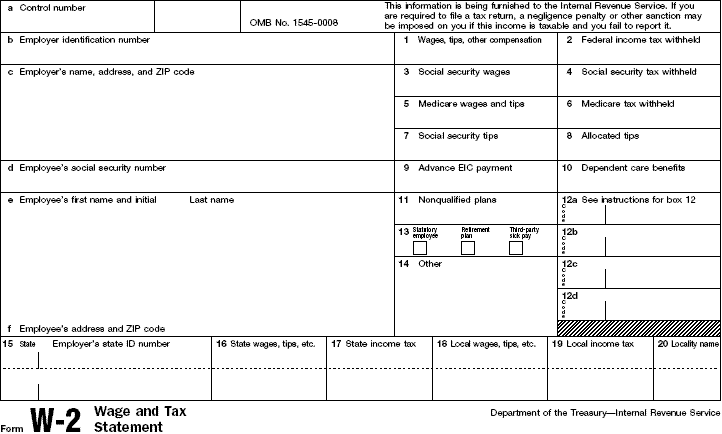There is some bad news and great shocking updates about online data privacy. We invested some time last week studying the 53,000 words of data privacy terms published by eBay and Amazon, attempting to extract some straight forward responses, and comparing them to the privacy regards to other web based markets.
The problem is that none of the privacy terms evaluated are great. Based on their published policies, there is no major online market operating in the United States that sets a good requirement for respecting customers data privacy.
Acquired Caught? Try These Tricks To Streamline Your Online Privacy With Fake ID
All the policies consist of vague, confusing terms and provide customers no real option about how their data are gathered, utilized and disclosed when they go shopping on these websites. Online merchants that run in both the United States and the European Union offer their consumers in the EU better privacy terms and defaults than us, because the EU has more powerful privacy laws.
The good news is that, as a first step, there is a clear and easy anti-spying rule we might present to cut out one unreasonable and unneeded, but really typical, data practice. It says these sellers can obtain extra information about you from other companies, for example, data brokers, advertising companies, or suppliers from whom you have formerly bought.
Some large online retailer online sites, for instance, can take the information about you from an information broker and integrate it with the data they currently have about you, to form a detailed profile of your interests, purchases, behaviour and characteristics. Some individuals understand that, often it might be necessary to register on sites with assumed details and lots of people may wish to think about the Best fake Ids.
How To Use Online Privacy With Fake ID To Desire
The issue is that online markets offer you no choice in this. There’s no privacy setting that lets you opt out of this data collection, and you can’t escape by changing to another significant market, due to the fact that they all do it. An online bookseller doesn’t need to gather information about your fast-food preferences to sell you a book. It desires these extra data for its own marketing and business purposes.
You may well be comfortable providing sellers information about yourself, so regarding get targeted advertisements and assist the merchant’s other business purposes. However this choice ought to not be presumed. If you desire sellers to collect data about you from third parties, it needs to be done just on your explicit guidelines, instead of immediately for everyone.
The “bundling” of these usages of a consumer’s data is possibly illegal even under our existing privacy laws, however this requires to be made clear. Here’s a suggestion, which forms the basis of privacy supporters online privacy query.
This might include clicking on a check-box next to a plainly worded direction such as please obtain info about my interests, requirements, behaviours and/or qualities from the following data brokers, marketing business and/or other providers.
The third parties should be specifically named. And the default setting should be that third-party information is not gathered without the consumer’s express demand. This rule would be consistent with what we understand from customer studies: most customers are not comfortable with companies unnecessarily sharing their individual information.
There could be sensible exceptions to this guideline, such as for fraud detection, address verification or credit checks. However data gotten for these functions ought to not be utilized for marketing, advertising or generalised “marketing research”. Online markets do claim to permit choices about “customised marketing” or marketing interactions. These are worth little in terms of privacy protection.
Amazon says you can pull out of seeing targeted advertising. It does not state you can pull out of all information collection for advertising and marketing purposes.
EBay lets you opt out of being shown targeted advertisements. However the later passages of its Cookie Notice state that your data might still be collected as described in the User Privacy Notice. This offers eBay the right to continue to gather information about you from information brokers, and to share them with a series of 3rd parties.
Lots of merchants and big digital platforms operating in the United States justify their collection of customer information from 3rd parties on the basis you’ve currently provided your indicated consent to the 3rd parties revealing it.
That is, there’s some unknown term buried in the thousands of words of privacy policies that apparently apply to you, which says that a company, for example, can share data about you with different “related companies”.
Naturally, they didn’t highlight this term, not to mention give you an option in the matter, when you ordered your hedge cutter last year. It just consisted of a “Policies” link at the foot of its site; the term was on another websites, buried in the details of its Privacy Policy.
Such terms need to ideally be gotten rid of totally. In the meantime, we can turn the tap off on this unreasonable flow of information, by stating that online sellers can not get such information about you from a third party without your express, active and indisputable request.
Who should be bound by an ‘anti-spying’ guideline? While the focus of this post is on online marketplaces covered by the customer advocate inquiry, many other companies have similar third-party information collection terms, consisting of Woolworths, Coles, significant banks, and digital platforms such as Google and Facebook.


